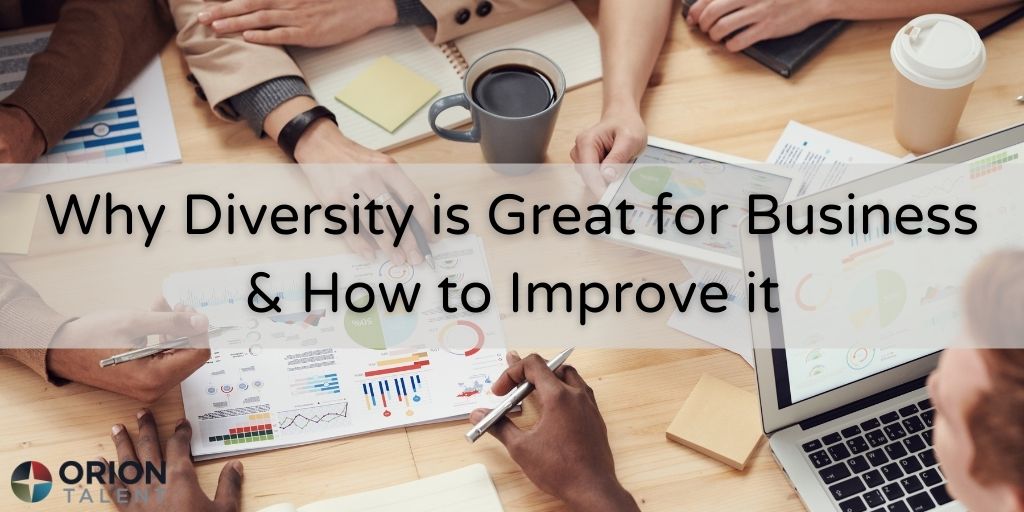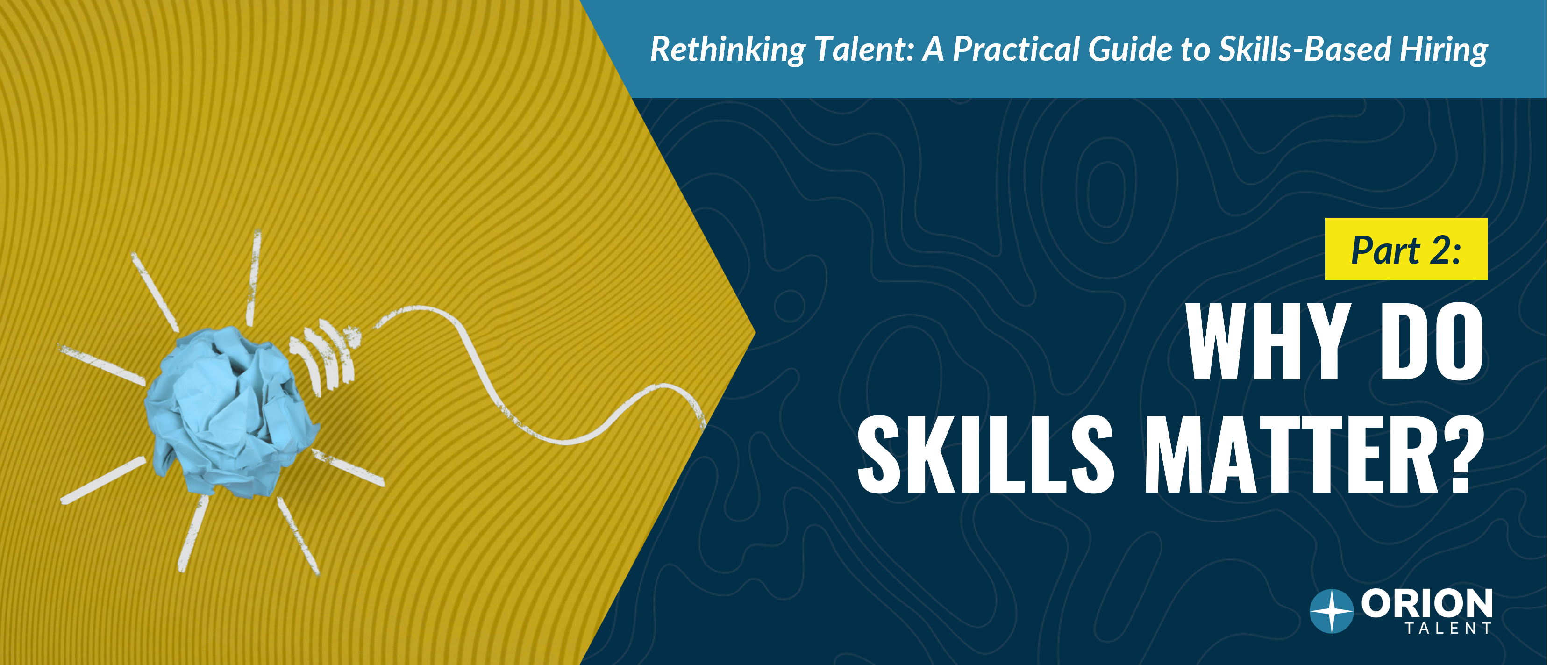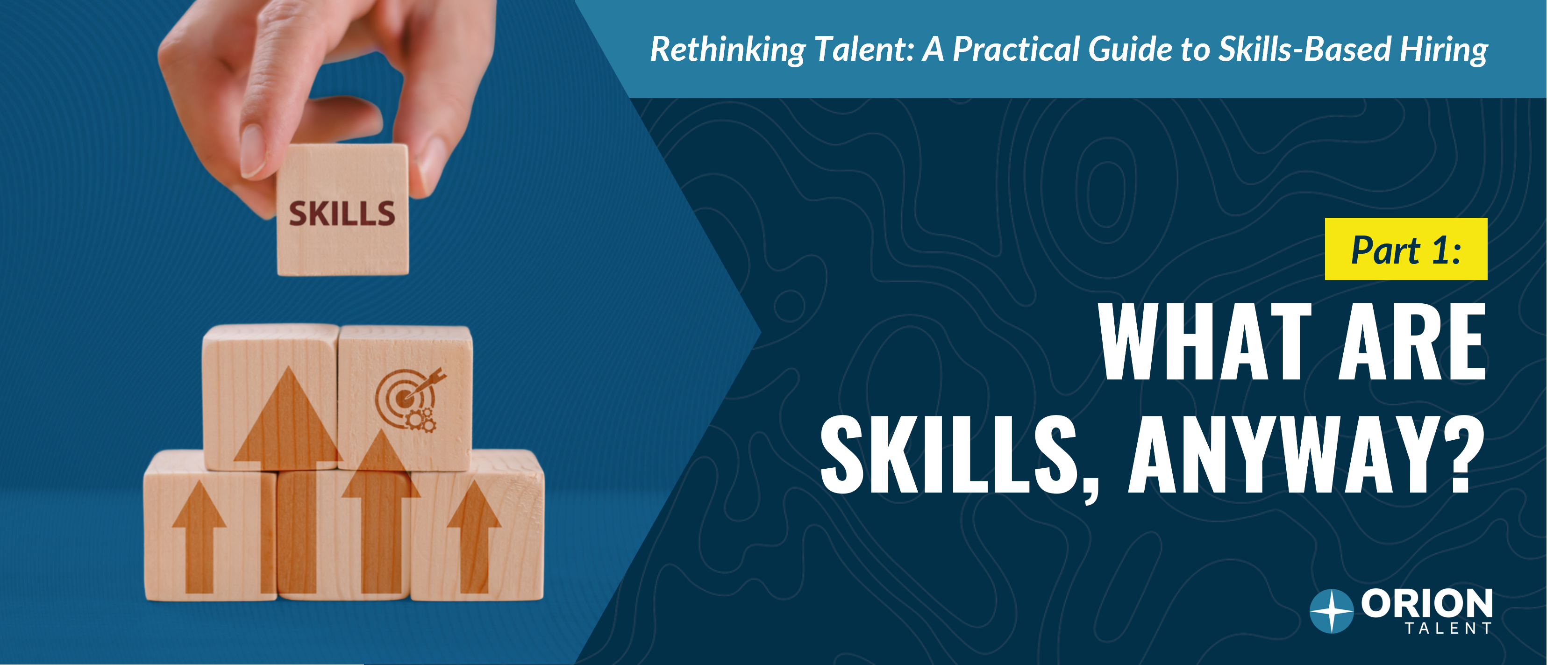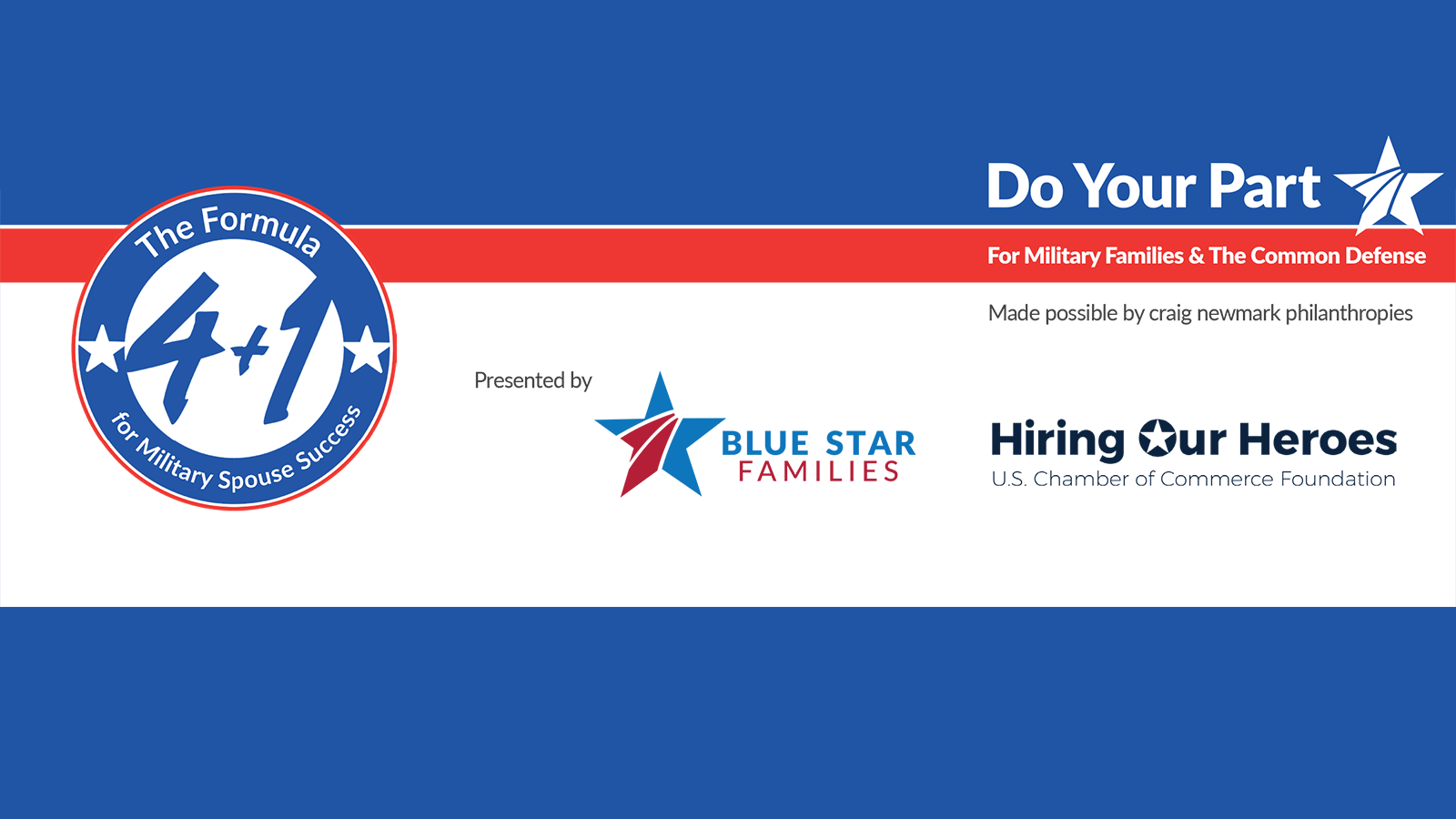
Corporate understanding of Diversity, Equity, and Inclusion is evolving. Advancing beyond a box to check, businesses are realizing that DEI is essential, even when it means taking a hard look at entrenched practices and biases. By building strategic DEI objectives that foster diversity and inclusion, companies create better experiences for employees at all levels, improving employee satisfaction and retention. Undoubtedly, whether viewed through a moral or business lens, diversity in the workplace matters.
What’s the impact that diversity, equity & equality can have on a business?
Given that both a moral and business case for diversity in the workplace can be made, let’s explore both. Beyond the obvious answer that it is simply the right thing to do, a diverse and inclusive workforce fosters a sense of shared power and opportunity. A rising tide lifts all boats as the saying goes. By nurturing a more positive workplace with space for a wide range of perspectives, businesses establish a more creative, empowered company environment.
When it comes to the business case for diversity in the workplace, the statistics make it clear.
- Diverse companies are 33% more likely to have greater financial returns than their less-diverse industry peers.*
- Companies with above-average diversity at the management level generate 19% higher innovation revenues (revenue from enhanced or new products or services from the last 3 years) than companies with below-average diversity.*
- Corporations that embrace gender diversity on their executive teams were more competitive and 21% more likely to experience above-average profitability.*
- They also had a 27% likelihood of outperforming their peers on longer-term value creation.*
Additionally, companies are better equipped to understand a much broader customer base with a diverse workforce that mirror their market. They may gain global appeal, innovate in new ways, and improve retention.
What events have pushed the focus of DEI in the workplace to new heights?
Two sea-change events have pushed DEI in the workplace into the spotlight, giving it renewed urgency. First came the COVID-19 pandemic, which, according to one survey, resulted in increases in workload and unfair or inequitable work-life balance for women and diverse employees.
Second, was the racial unrest of summer 2020 that sparked conversations about racial justice and equality. Business leaders took this time to issue statements, reflect on their company’s diversity make-up, and to launch new initiatives.
What are the signs that a business suffers from a lack of diversity, equity or equality?
Companies can suffer from lack of diversity through the very act of not hiring people from diverse backgrounds with DEI resumes. This may be most evident among the leadership team. If the C-Suite is homogenous, it is a clear indicator to employees and customers of a lack of awareness of the leadership potential among traditionally disenfranchised groups.
But, even with a diverse team, companies can still falter when it comes to DEI. Another signal is the inner circle around leadership. You can have diversity on paper, but, if the “favorites” lack that diversity, you are sending a clear signal as to whose opinion leadership values.
Another very public sign of lack of true diversity commitment is when a company’s products are tone-deaf. The more diverse a workforce, the better able they are able to weigh in on product development and speak up when something is possibly offensive or not appropriate, long before it ever hits the market.
A crucial DEI component is a clear reporting process for bias or discrimination. When this is lacking or deficient, a company is in trouble. Isolation or retribution for reporting have no place in the workplace and any company invested in the wellbeing of their employees will have a transparent process in place for reporting such behavior.
Just the Beginning
Diversity, Equity, and Inclusion is a complex, multi-faceted topic, and this article just scratches the surface. But, the one thing we hope you glean from it is that business leaders should decide on a path forward, foster alignment, and promote commitment to that path, even if that means bringing in an expert. Doing so not only helps the bottom line, but has an invaluable sociocultural impact on the people and world around us, creating a space where diverse voices are heard and valued.
Orion Talent’s DEI Webinar Series
If you are looking for more DEI resources, you can find expert insight in our Diversity, Equity & Inclusion Webinar Series. These webinars cover challenges and best practices across all aspects of DEI within organizations. You'll gain practical advice and takeaways you can immediately implement.
Get More DEI Insights from Orion Talent
Sign up for More Diversity Insights
Archives
- February 2026
- January 2026
- December 2025
- November 2025
- October 2025
- September 2025
- August 2025
- July 2025
- June 2025
- May 2025
- April 2025
- March 2025
- February 2025
- October 2024
- May 2024
- March 2024
- February 2024
- January 2024
- December 2023
- November 2023
- October 2023
- September 2023
- August 2023
- July 2023
- June 2023
- May 2023
- April 2023
- March 2023
- February 2023
- January 2023
- December 2022
- November 2022
- October 2022
- September 2022
- August 2022
- July 2022
- June 2022
- May 2022
- April 2022
- March 2022
- February 2022
- January 2022
- December 2021
- November 2021
- October 2021
- September 2021
- August 2021
- July 2021
- June 2021
- May 2021
- April 2021
- March 2021
- February 2021
- January 2021
- December 2020
- November 2020
- October 2020
- September 2020
- August 2020
- July 2020
- June 2020
- May 2020
- April 2020
- March 2020
- February 2020
- January 2020
- December 2019
- November 2019
- October 2019
- September 2019
- August 2019
- July 2019
- June 2019
- May 2019
- April 2019
- March 2019
- February 2019
- January 2019
- December 2018
- November 2018
- October 2018
- September 2018
- August 2018
- July 2018
- June 2018
- May 2018
- April 2018
- March 2018
- February 2018
- January 2018
- December 2017
- November 2017
- October 2017
- September 2017
- August 2017
- July 2017
- June 2017
- May 2017
- March 2017
- February 2017
- January 2017
 RSS Feed
RSS Feed




















